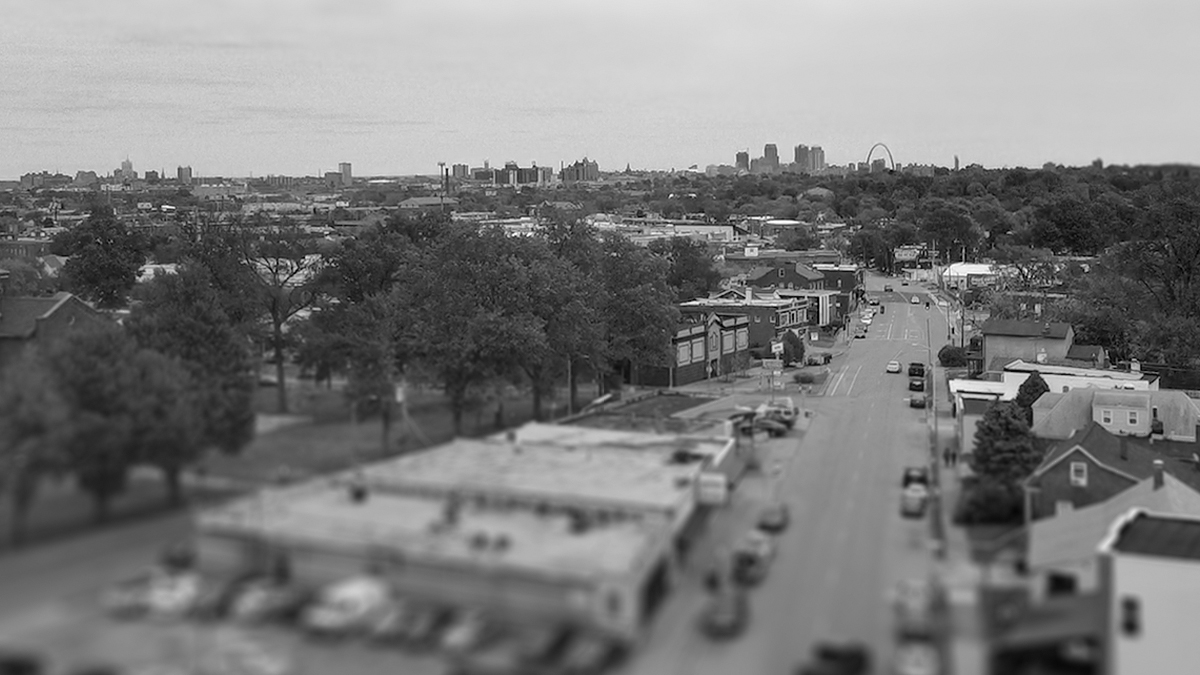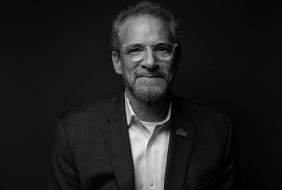This article originally appeared in the St. Louis Business Journal.
failing schools to troubling crime rates, slow economic growth, and our steady decline in prosperity and national prominence—have placed a significant burden on St. Louis businesses for several decades.
These challenges negatively impact the quality of our employment base, our ability to recruit talent from other cities, our region’s overall economy and GDP, and our competitiveness in attracting the kinds of economic opportunities that can make our region more successful and competitive in the years ahead.
Let’s not forget the progress St. Louis has made
Not everything, of course, is negative. St. Louis has made much progress in recent years, from our Cortex Innovation Community to the many new residential and commercial developments across the area and our new Major League Soccer team and stadium.
These are wonderful things. It’s great to see construction cranes across our region’s skyline. It’s great to see upgrades in our treasured institutions and landmarks. It’s great to see so much innovation within our business community. We need all of these things. We need them to make our region more appealing to the businesses and talent we want to attract. We need these things to remind ourselves of the progress we can achieve and to provide a proof of life that shows, while it may not be humming, our local economy is steadily churning forward.
Yet despite the considerable progress that has been made, why do our core challenges remain virtually unchanged?
In the last several years, a wealth of research published by Washington University in St. Louis, University of Missouri-St. Louis, Forward Through Ferguson, Greater St. Louis, Inc., and others clearly show what by now should be readily apparent. Our region’s high concentrations of poverty and extreme disparities have not only harmed the lives of generations of St. Louisans. These conditions have a negative, rippling impact across the Greater St. Louis region.
Both the human and the economic toll resulting from these high concentrations of poverty are staggering, and are a driving force in hampering our economy and business community’s ability to fully thrive.
What it will take to make meaningful changes in St. Louis “once and for all”
All of this brings up an important point: If we want our businesses to be more successful and our region overall, we need to realize our social challenges and our business challenges are inextricably linked.
No matter what our businesses create, no matter what Fortune 500 company we manage to attract, we will never overcome the core challenges that place such a heavy burden on our business community until we address the inherit social conditions driving them.
This is why I’m so excited about an event we are hosting with the St. Louis Business Journal on April 26 called Once and for All: The Role of Business in Moving St. Louis Forward. The event will feature several St. Louis business leaders and myself discussing the need to invest in our region in a way that addresses the root sources of our challenges.
The event also marks a rare intersection between business and nonprofit. If we are going to make real progress, we need to combine the innovative, strategic expertise of our business community with the latest thinking on addressing complex social challenges to create real and lasting change. We also need to make a firm departure from the kinds of one-off efforts of the past that, though well intentioned, have failed to produce any meaningful change.
To the latter, I’ll be discussing an effort that Beyond Housing launched last year called Once and for All. The effort utilizes an innovative model based on decades of experience and learnings from national thought leaders, including Health Equity Works at Washington University in St. Louis, the Aspen Institute, the Stanford Social Innovation Review, NeighborWorks America and the Federal Reserve Bank of San Francisco.
This model is wholly unique in the field of community development. It recognizes that transforming under-resourced communities cannot be achieved by focusing on just one piece of the puzzle. It requires a comprehensive, multipronged approach that serves the multiple, interrelated needs of both families and communities — from housing to employment, education, health, economic development, municipal government and more — in an integrated, holistic manner.
I’ll also be announcing a new development in the Once and for All effort designed to provide St. Louis organizations and businesses with a way to address these issues and invest in St. Louis’ future.
I hope to see you at the event.
Together, we can overcome these challenges. We have world-class institutions, expertise and resources to do so. It’s time to take action by investing in our region to create a stronger, more prosperous St. Louis, once and for all.


